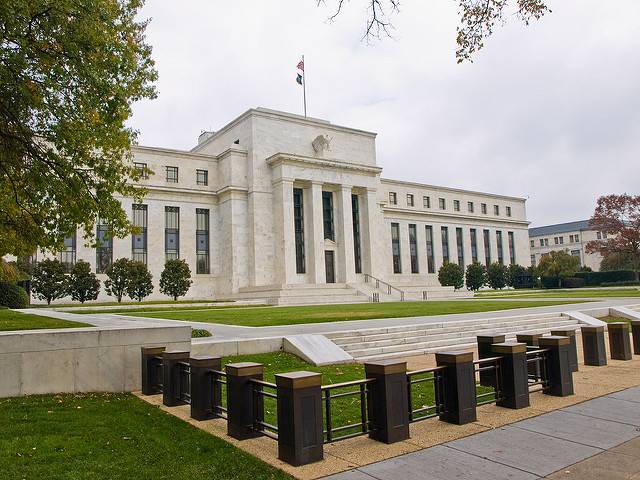

The Federal Reserve, also known as the U.S. central bank, is in charge of keeping financial and economic stability within the United States. They do this by lowering and raising the cost of borrowing money. During this economic recession, the Fed’s rate has reached record lows, impacting multiple aspects of your financial portfolio, including the following.
Mortgage Rates
The current mortgage rates, as seen in this guide, are at an all-time low even though they aren’t technically tied to the Fed’s interest rate decisions. Instead, they are tied to the 10-year Treasury yield, which changes the 30-year fixed mortgage rate. Regardless of who controls mortgage rates, there is an apparent downward trend of interest since COVID-19.
If you have a home, refinancing may be the right decision for you because you can significantly reduce your overall payments. As an alternative, you can change to a 15-year term, which will help you pay off your home faster but won’t necessarily make payments cheaper.
Home Equity Line of Credit (HELOC)
A HELOC is when you borrow against your home’s available equity, and the house is used as collateral for a line of credit. When you outpay this outstanding balance, the amount of available credit is replenished in a similar way to a credit card. You can borrow against it multiple times up to the credit limit you established during closing.
If you have a HELOC, the interest rate will fall dramatically on the prime rate, which will lower borrowing costs. At the start of 2020, the average rate was 6.15%, but as of November 2020, the average rate fell to 4.52%, which gave homeowners significant savings.
Claim up to $26,000 per W2 Employee
- Billions of dollars in funding available
- Funds are available to U.S. Businesses NOW
- This is not a loan. These tax credits do not need to be repaid
Car Loans
Although the Fed does control auto loan rates, there hasn’t been a significant drop in interest since the end of 2020. Still, there may be a good reason to either refinance your loan or purchase a new car, even with the minimal drop. On average, a five-year car loan interest rate will be 4.22% as of November 2020, down from 4.6% at the start of 2020.
With this rate, you can save even more money on cars that may have been out of your reach in the past. The prime rate of vehicles tends to rise depending on the car’s popularity or price, so you’ll save more on higher cost cars on average.
High-Interest Credit Cards
While all credit cards have different interest rates, if you have good credit, you can see already lowered interest rates become even lower. The prime rate in 2019 stayed at 5.5%, and it typically stayed there before 2019, but the current prime rate reached 3.25% in late 2020. However, that doesn’t mean all credit card owners will see this rate.
In reality, most banks will charge much higher than the prime, but they have become more flexible during the recession. It’s possible to transfer debt from high-interest credit cards to a 0% interest rate loan online of credit that can help their customers pay off their debts.
Certificates of Deposits (CD)
In this article, we’ve mostly focused on the positives, but if you have a certificate of deposit during a recession, you’ll see your yields fall significantly due to Fed cuts. On average, returns have been on a decline at many institutions due to emergency cuts, but you can find plenty of savings accounts or CDs that will yield returns higher than average.
During this time, it’s essential to focus on rates of return that are adjusted for inflation. If we look at the 1970s, yields were high, but inflation was also expansive. Your earnings will be fewer due to less purchasing power. If you’re concerned, lock your CD immediately.



